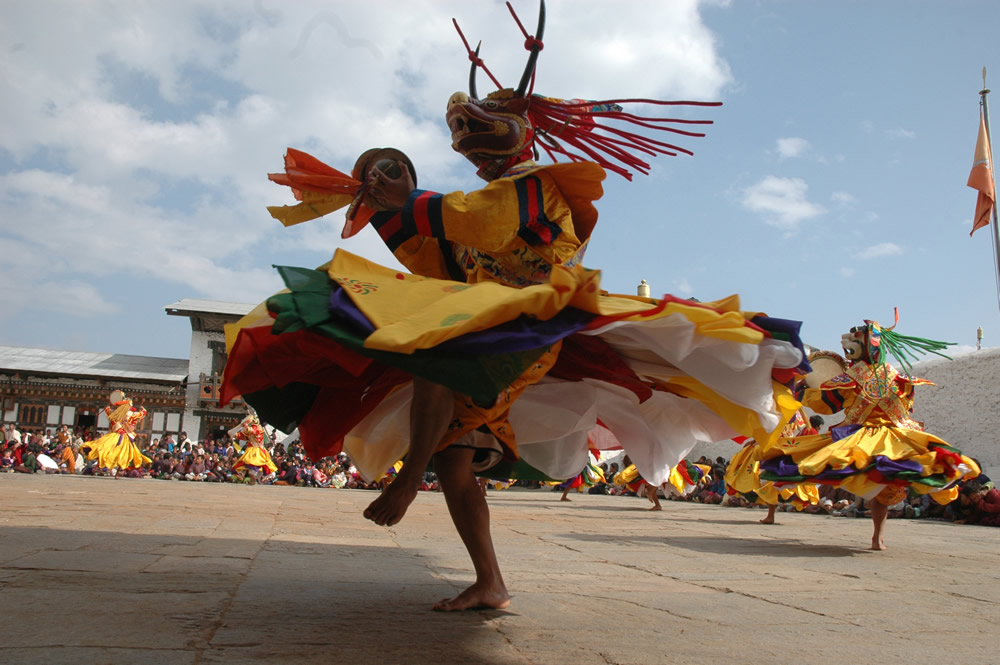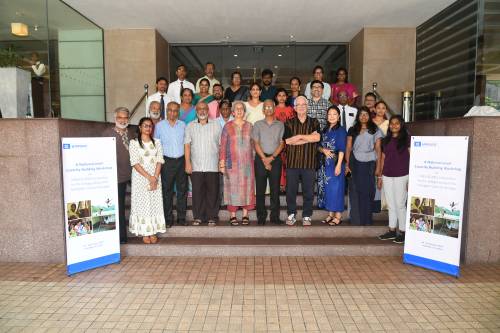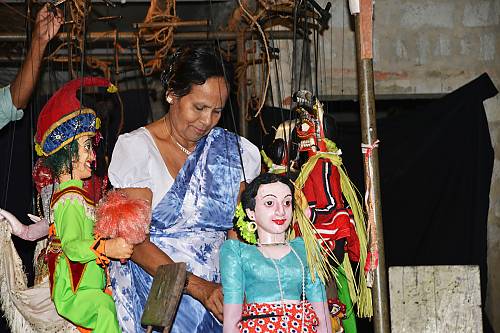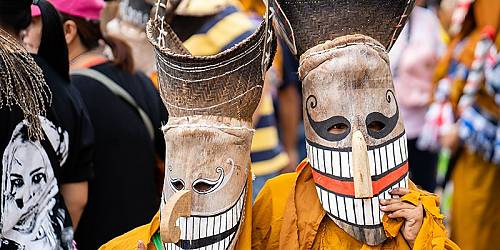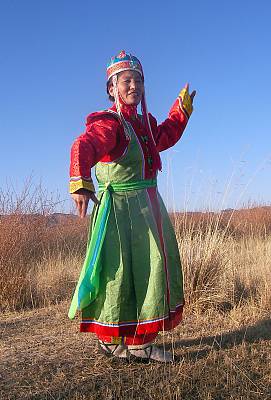In the framework of the regional capacity building project in the Asia-Pacific Region funded by the UNESCO Japanese Funds-in-Trust for the Safeguarding of the Intangible Cultural Heritage, a number of representatives from governmental and non-governmental institutions from Sri Lanka and Bhutan receive intensive training on the nomination process, from preparation to evaluation and examination. These sessions represent a major step in the strengthening of their capacities and complement the training that both countries have already received on the implementation of the Convention at the national level and on community-based inventorying.
A capacity-building session conducted by the UNESCO-trained facilitators, Rahul Goswami from India and Sajida Vandal from Pakistan, has been already held in Galle, Sri Lanka from 11 to 15 February 2014, while in Bhutan the same activities are taking place in Paro this week (from 4 to 8 March 2014), facilitated by two other facilitators, Shubha Chaudhuri from India and Paritta Koanantakool from Thailand. These 5-day workshops involve about 25 participants in each country that are provided with training on how to prepare nomination files for the Urgent Safeguarding List and Representative List, as well as proposals for the Register of Best Practices and requests for international assistance. Sessions are mainly practical and participative and rely on mock nominations that participants need to analyse and improve in accordance with the criteria set out in the Operational Directives for the Implementation of the Convention for the Safeguarding of the Intangible Cultural Heritage.
Event:
-
Elaboration of nomination files to the ICH Lists in Bhutan (4 March 2014 – 8 March 2014)
-
Elaboration of Nomination Files to the ICH List in Sri Lanka (11 February 2014 – 15 February 2014)
Project:
-
Safeguarding Intangible Cultural Heritage through the Strengthening of National Capacities in Asia and the Pacific (1 November 2011 – 1 May 2014)
